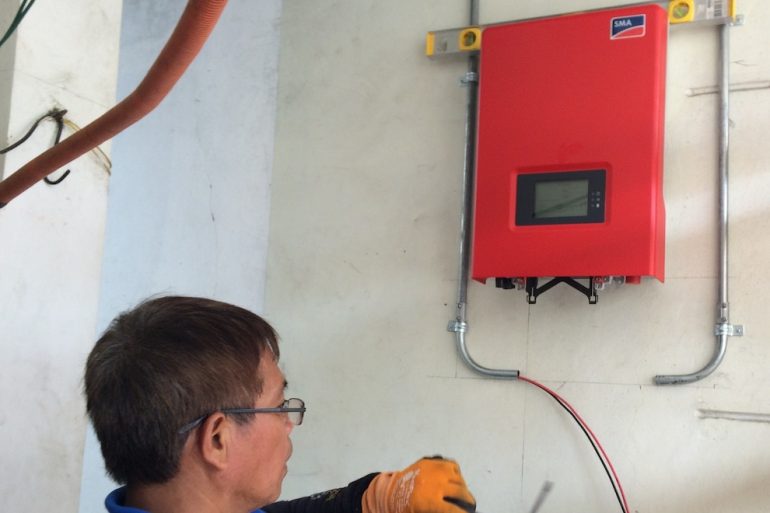Solar inverters are essential components of any solar power system, responsible for converting the direct current (DC) electricity generated by solar panels into usable alternating current (AC) electricity for homes and businesses. However, like any electronic device, solar inverters can fail, leading to disruptions in energy production and potentially costly repairs. Understanding the reasons behind these failures is crucial for solar system owners and installers alike.
Overheating, Surges & Spikes
One common reason for solar inverter failure is overheating. Solar inverters are often installed in outdoor environments where they are exposed to sunlight and high temperatures. Over time, this exposure can cause the internal components of the inverter to overheat, leading to performance degradation and eventual failure. Inadequate ventilation or improper installation can exacerbate this issue, underscoring the importance of proper system design and maintenance.
Another factor contributing to solar inverter failure is electrical surges or spikes. These can occur due to lightning strikes, grid voltage fluctuations, or switching events within the electrical system. While inverters are equipped with surge protection mechanisms, they are not immune to damage from high-voltage transients. Investing in additional surge protection devices and implementing proper grounding practices can help mitigate the risk of damage from electrical surges.
Get Your Energy Independence
Components & Firmware
Component degradation and manufacturing defects are also potential causes of solar inverter failure. Over time, the internal components of inverters, such as capacitors and semiconductors, can degrade due to exposure to heat, moisture, and electrical stress. Additionally, defects introduced during the manufacturing process can lead to premature failure of inverters. Regular monitoring and proactive maintenance can help identify early signs of component degradation, allowing for timely repairs or replacements.
Furthermore, software and firmware issues can affect the performance and reliability of solar inverters. Firmware bugs, compatibility issues with other system components, and software glitches can all lead to malfunctions or operational errors. Keeping inverters up-to-date with the latest firmware releases and working with reputable manufacturers can help minimize the risk of software-related failures.
Solora Solar: Your Inverter Expert
Understanding the common causes of inverter failure, such as overheating, electrical surges, component degradation, and software issues, is essential for ensuring the reliable operation of solar power systems. If Solora Solar is installing your system, we will address these factors through proper system design, installation, and maintenance practices. If you have an inverter that needs to be replaced or a solar energy system that requires a major upgrade, contact Solora Solar and give us a chance to see what we can do for you.

